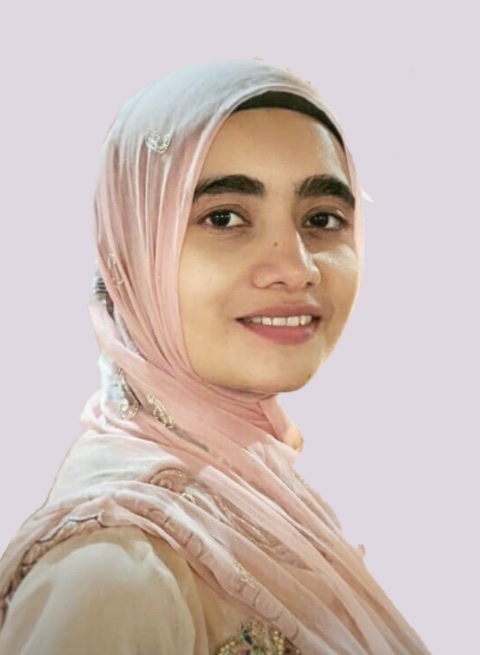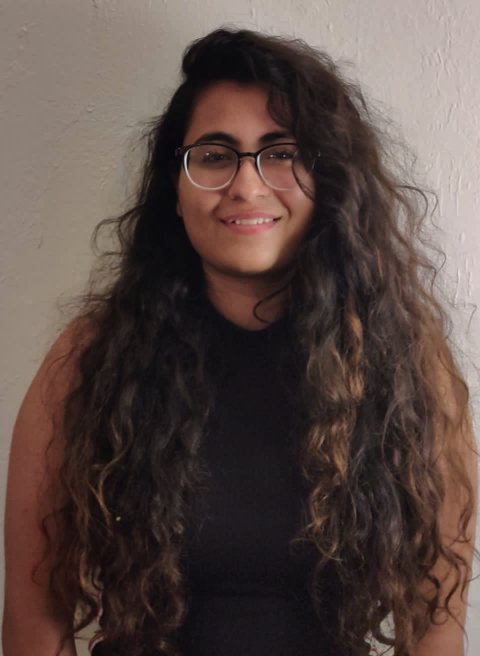
The ODM working group organizes online events inviting international speakers involved in solid waste management and planning. The goal is to disseminate knowledge and new capacities among the young international audience, inspiring the new generation of circular thinkers towards sustainable development.

Shiza Aslam
Chair

Ashpreet Kaur
Vice Chair
Training Course on Waste Generation & Characterisation Studies:
Date: 10th and 11th February 2023
Time: 8: 30 am – 12: 30 pm CET
The training will be 2-day training (9 hours total), with 4.5 hours of sessions per day.
The training is proposed to be held on the 10th and 11th of February 2023.
Click Here to Register
(Registration closes 1 February 2023)
From a managerial perspective, Poor data on waste generation and characterisation can lead to the miscalculation of the environmental, social, and economic potential associated with the waste components and add considerable pressure to municipal solid waste systems.
This online training is organised by International Solid Waste Association (ISWA) Young Professionals’ Group. The aim is to emphasise the importance of waste generation and characterisation by exposing young professionals and aspiring students to the available methodologies to successfully conduct waste audits, enabling the design of projects based on those results.
It is expected that participants will be able to gather information on properly collecting representative waste samples at the household level, followed by adequate characterisation and city-wide extrapolation of results, including considerations of non-household waste generation.
Background:
Solid waste generation and composition are the fundamentals of sustainable solid waste management practices, the understanding of which allows waste professionals to establish adequate waste management systems and propose localized interventions representing the context. Waste generation and composition are influenced by the income levels and social structure of the area, indicating different lifestyles, consumption and behavioural elements, and external variation to a certain extent.
From a managerial perspective, poor data on waste generation and characterization can lead to the miscalculation of the economic potential associated with the waste components and put considerable pressure on the core stages of the MSW system, e.g., transportation, storage, and disposal. Physical features of solid wastes are significant parameters for the selection and functioning of collection and transportation equipment, energy transformation, studies related to the recoverable matter, as well as the selection and design of proper disposal methods.
Against this background, it is important to train young professionals and aspiring students on how to conduct good waste generation and composition studies (i.e., baseline studies). As it is particularly true in SWM ‘bad data in, bad data out’ (aka Garbage in, Garbage out) and the basis of bad data lies in biased survey design, poor methodologies and inappropriate survey fundamentals (size, selection, etc), among others.
Hence, International Solid Waste Association (ISWA)’s Young Professionals Group (YPGs) is conducting comprehensive (online) training on waste generation and characterization. The concept for the training was initially proposed by the regional chapter (Pakistan). Its scope and audience are then expanded worldwide with a limited number of participants. The purpose of the training course is to:
- Set a case for the importance of waste generation and characterization studies in managing waste and resources
- Exposure to selected Available methodologies e.g., Waste Wise Cities Tool (WaCT), German Waste Audit framework, US EPA framework
- Highlight the challenges associated and Key results
- Discuss aspects to be mindful of particularly when conducting waste audits and designing projects based on waste audit results
By the end of the training, participations would be able to process:
- Where you take your sample (generated versus collected);
- How you sample (representative samples in a different neighborhood with different income level and SWM service
- How you characterize the waste (quartering method or not, waste categories considered)
- How to extrapolate for the whole city (based on which data population, based on numbers of households, etc.)
- How to consider non-household waste generation
- How to design projects based on waste audit reports and key aspects to be mindful of
Certification:
A certificate of participation will be provided to participants on 90% attendance in the training course and completion of the assigned tasks.
